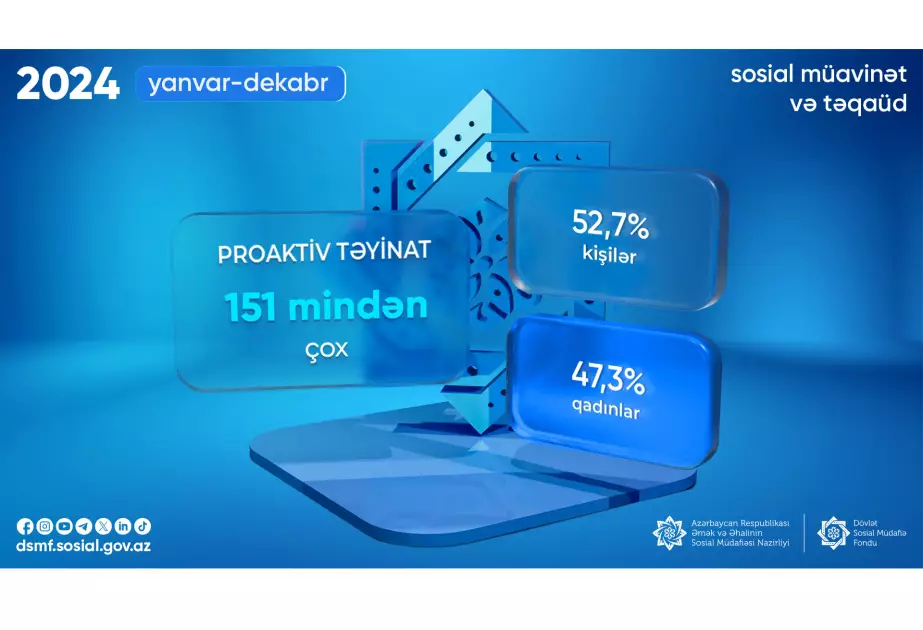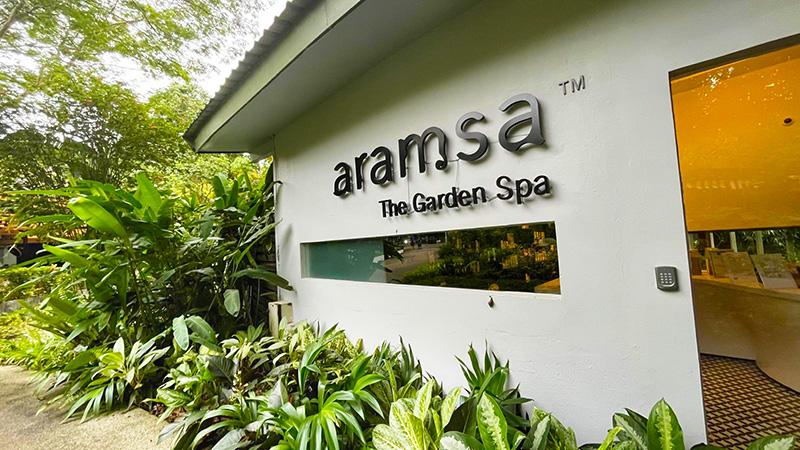The European Commission on Monday (12 June) said it cannot yet release details behind €105m to prevent migrants from leaving Tunisia.
The €105m figure is part of a €1bn aid agreement, announced in Tunis on Sunday by European Commission president Von der Leyen, along prime ministers of Italy and the Netherlands, Giorgia Meloni and Mark Rutte, hosted by Tunisian president Kais Saied.
A spokesperson said a memorandum of understanding first needs to be agreed.
But similar past proposals for Tunisia in the past may offer some clues. Others are comparing the EU-Tunisia deal to a €6bn migrant swap agreement with Turkey.
Von der Leyen said the money was needed to crack down on migrant smuggling and shore up Tunisian border management, a broad term that generally entails getting the Tunisians to intercept people fleeing by boats towards Italy.
A number of European lawmakers have already raised alarm of the poor state of democracy in Tunisia following a crackdown on the opposition, journalists and sub-Saharan Africans.
“The European Parliament must demand full clarity on all details before a single eurocent is disbursed,” said Dutch liberal Sophie In’t Veld, in a tweet following the announcement.
The downturn has seen almost 54,000 people reaching Italy by crossing the Mediterranean so far this year, up from 21,700 at the same time last year.
Another 534 people have died or gone missing off the Tunisian coast over the past five months, according to the Tunisian Forum for Economic and Social Rights, a think tank.
The scramble to lower the numbers has triggered a raft of plans for a country itself teetering on the brink of economic collapse.
Last week, its debt was downgraded to “junk” by Fitch credit ratings agency.
In late April, Ylva Johansson, the European Commission for migration, met Tunisian ministers dealing with foreign affairs, the interior and social affairs.
She then announced plans to foster legal migration — but also counter irregular migration towards Europe from Tunisia, including border protection support.
The country shares a 1,194km land border with Algeria, a 490km land border with Libya, and has a 1,300km coast, which in some places is only 140km away from European shores.
An EU financed awareness-raising campaign on the dangers of irregular migration would also be launched, she said.
The two sides had also agreed to strengthen their cooperation on protection and on return of irregular migrants in Tunisia to their countries of origin, she said.
An internal EU document on migrant smuggling from last December sets out operational plans for Italy to bolster investigations primarily with Egypt, Libya and Tunisia.
That includes real-time information exchange and intelligence sharing, along with the EU’s police agency Europol and Eurojust, the EU agency on judicial co-operation.
It is possible the €105m of EU money announced over the weekend may go towards meeting some those objectives.
By comparison, the EU last year spent some €25m on Tunisian border management, €13m to integrate Tunisian returnees, and about €5m for voluntary returns to and from Tunisia.
It had also in 2016 adopted a plan for a so-called Tunisian integrated border management, which was then implemented by the Vienna-based International Centre for Migration Policy Development (ICMPD).




















Discussion about this post